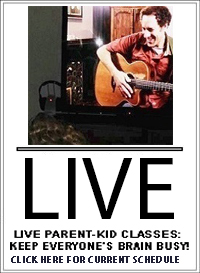Hungary’s traditional music is as tricky a mix of East and West, of secular and religious, and of ancient and modern as Hungary is itself. While some theorists trace the earliest Hungarian music, and the Magyar people, back to Siberia, at the heart of the most widespread Hungarian musical tradition is Italian Catholic plainsong, a type of religious chanting that consists of one unaccompanied melody line. When the Turks arrived in the 15th century and conquered part of Hungary they brought sounds from the East, as well as Roma people who came with their own unique music. While “elite” Hungarians developed classical forms generally identified with the West, Turkish and Romani music infused Hungarian village with an Eastern flair.
Zoltán Kodály and Béla Bartók, two noted early 19th century Hungarian ethnomusicologists, educators and composers, traveled into these villages to record Hungarian “peasant” music. They documented Hungary’s folk music traditions just in time, because after World War II music became the official domain of the ruling Communists. The regime established folk choirs and orchestras and only allowed music to played in public that was fully sanctioned (and fully sanitized) by the Song Committee. An underground folk music scene rose in opposition; people gathered in the táncház (dance hall) and revived traditional dances like the csárdás as a form of cultural protest.
When the Soviets crumbled Hungarian traditional music left the táncház and flourished once again. Today urban Hungarian bands like the Roma folk/folk and the Besh o Drom and the “speed-folk” Transylvanians have revived Hungarian traditional music, bringing it into the modern age, making it relevant for a new generation.
More information:
About plainsong | Where to find a táncház in Budapest | Popular táncház musicians…Muzsikas! | A history of Hungarian pop music | Hungarian “beat and rock” music | About the Transylvanians | The Rough Guide to Hungarian Music





Comments are closed.